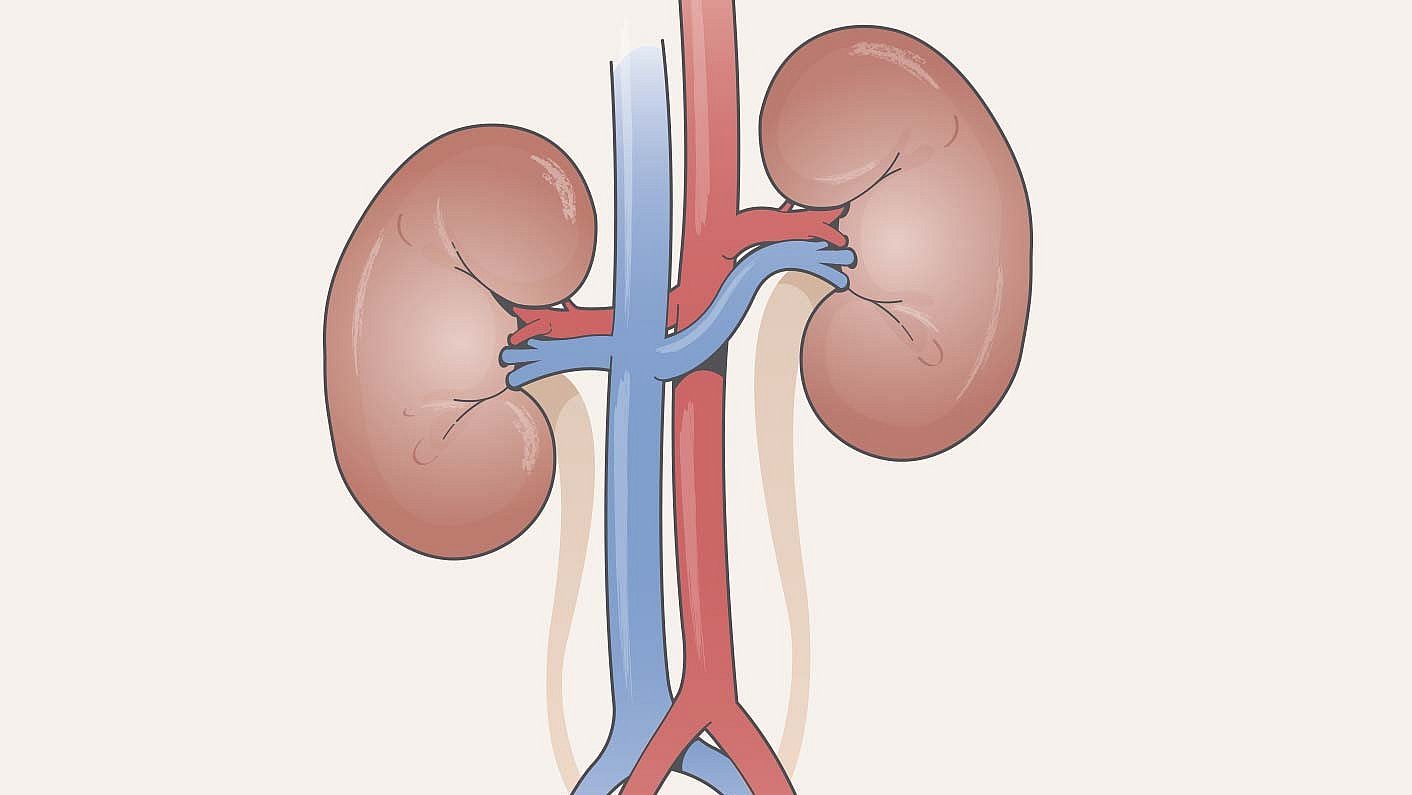The basic function of the kidneys and symptoms of kidney disease.
I have kidney disease
Diagnosis of chronic kidney disease
Your general practitioner or a medical specialist, the nephrologist, will carry out various tests to determine whether you have chronic kidney disease. Blood will be drawn so that the nephrologist can check certain laboratory values. In addition, usually a urine test is carried out. This examines which substances are excreted into the urine and the level of excretion.
Protein in the urine
The question of whether there is protein (albumin, a certain protein) in the urine plays a crucial role. If there is a sustained increased amount of albumin in the urine, this could indicate that the kidneys’ filter function has deteriorated, which is also known as proteinuria (or albuminuria).
Mental state
We are aware that there’s currently a lot going on in your head.










